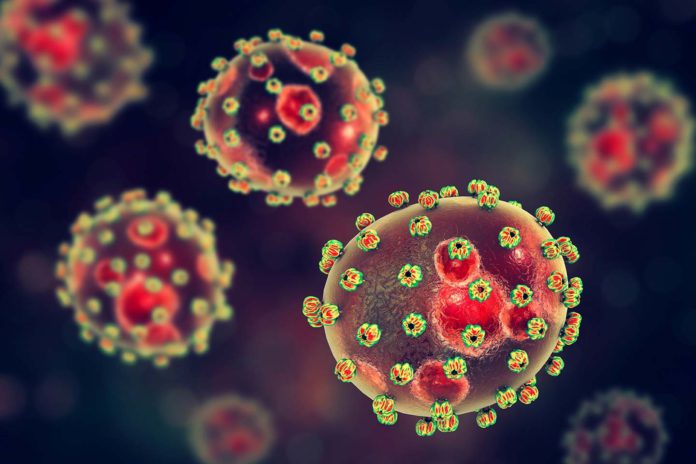The Ghana Health Service (GHS) says it is tracing 56 contacts identified following the Lassa fever outbreak that has recorded two confirmed cases and one death.
According to the service, it has deployed a team to track the disease from man-to-man transmission to health facilities.
Lassa fever is transmitted to humans through contact with food or household items contaminated with rat and mouse excreta.
Dr. Franklin Asiedu Bekoe, Director of Public Health at the Ghana Health Service, stated that the health management organisation is on course with its contact tracking.
“What we are doing now is identifying the man-to-man transmission contacts. We are looking at the close associations of the first case and the health facility where the first case was handled. Those are the contacts that we are tracking and for now, we have been able to identify 56.”
The Ghana Health Service (GHS) has confirmed two cases of Lassa Fever in Accra after tests by the Noguchi Memorial Institute for Medical Research.
The GHS disclosed that the first case was a 40-year-old trader, who was unwell for a period of about two weeks and finally died at the Korle-Bu Teaching Hospital.
The second case is a contact of the fatal case and is currently on admission but is very stable. So far, 56 contacts have been identified and are being followed up by the Ghana Health Service.
The GHS in a statement signed by Director-General, Patrick Kuma-Aboagye noted that Public Health Emergency Management committees at all levels (National, Regions and Districts) have been activated with detailed investigations including an environmental assessment ongoing.
The Health Service added that essential medications and logistics including Personal Protecting Equipment are being mobilized while contact tracing and management are ongoing.
Lassa fever (a viral hemorrhagic fever) is endemic in Benin, Ghana, Guinea, Liberia, Mali, Sierra Leone, and Nigeria.

